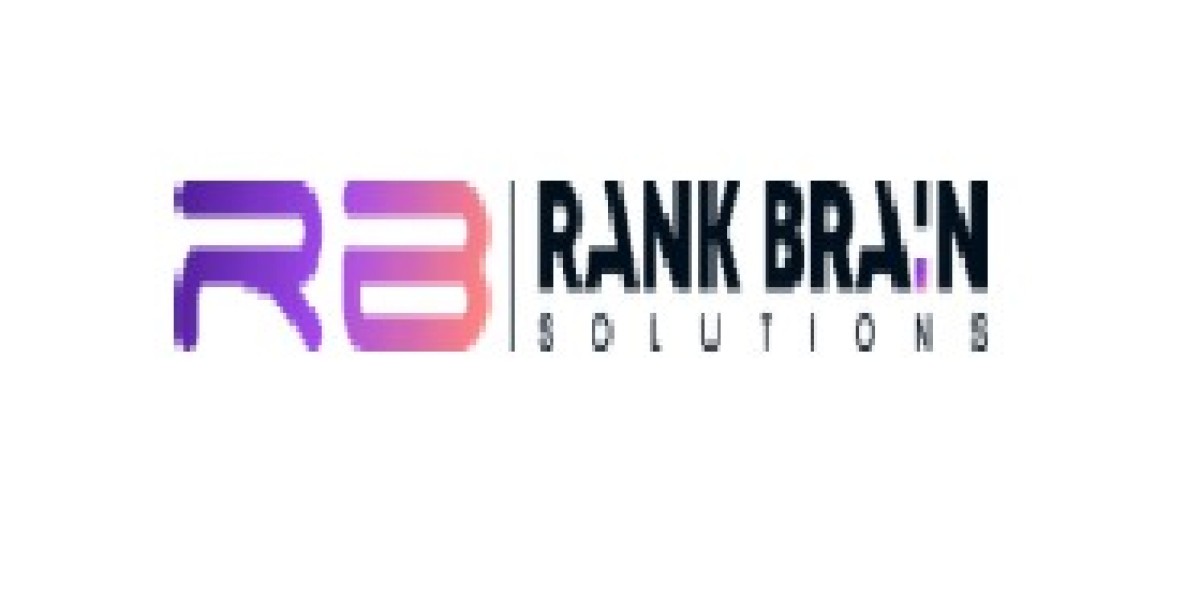Temperature Management Systems Market UK: Evolving Applications and Innovation in 2025
The Temperature Management Systems Market UK is advancing rapidly in 2025, driven by growing demand across healthcare and industrial sectors. Precision, efficiency, and sustainability have become the defining elements of this market’s evolution, as organizations seek advanced solutions to meet both clinical needs and industrial performance standards.
Get the Free Sample Research Report Copy on Temperature Management Systems Market UK: https://www.marketdigits.com/request/sample/4459
Advancements in Healthcare Temperature Control
Within the healthcare sector, temperature management systems play a vital role in surgical and critical care environments. Hospitals and healthcare providers are increasingly adopting comprehensive solutions that support both patient warming and cooling during procedures. The emphasis on maintaining normothermia in perioperative care is critical, as it helps reduce the risk of post-operative complications and supports faster recovery outcomes.
Modern systems are designed with a focus on non-invasive technologies, offering improved patient comfort while maintaining highly accurate temperature regulation. These developments are becoming standard in operating theatres, intensive care units, and emergency departments across the UK’s medical landscape.
Growing Industrial Demand for Precision Control
Beyond healthcare, the Temperature Management Systems Market UK is seeing increasing application in industrial settings where thermal regulation is essential to product integrity and process efficiency. Sectors such as pharmaceuticals, food processing, and chemical manufacturing rely on highly precise temperature control to ensure compliance, safety, and consistent product quality.
Innovative systems now integrate automation and advanced monitoring capabilities, allowing for more responsive and adaptive thermal regulation in production environments. This precision is vital for industries managing sensitive processes that demand consistent thermal parameters.
Get the complete view of 196 Pages Market Research Report on Temperature Management Systems Market UK: https://www.marketdigits.com/temperature-management-systems-market-1708610489
Technology-Driven Market Shifts
Technology is a key enabler of the current market transformation. Developments in digital temperature control, predictive maintenance, and smart monitoring are redefining how systems are implemented and managed. These advancements are reducing system downtime, improving response times, and enhancing operational efficiency across applications.
In healthcare, AI-enhanced temperature monitoring is emerging as a supportive tool for clinicians, improving data accuracy and optimizing patient care protocols. In industrial use, digital control panels and data logging functions offer real-time insights that help operators make informed decisions and adjust processes proactively.
Sustainability and Energy Efficiency as Priorities
Sustainability is an increasingly influential factor in the Temperature Management Systems Market UK. Energy-efficient technologies are gaining traction as industries and healthcare providers aim to reduce environmental impact. Manufacturers are developing systems that consume less power while maintaining high-performance standards, aligning with national targets for carbon reduction and sustainable practices.
This shift is encouraging the adoption of greener systems without compromising on reliability or performance. The drive for environmentally responsible solutions is also influencing procurement strategies across both public and private sectors.
Outlook for the Temperature Management Systems Market UK
The Temperature Management Systems Market UK is poised for continued growth, supported by strong demand, technological innovation, and a clear emphasis on sustainability. As both healthcare institutions and industrial operators seek reliable and efficient temperature control, the market is set to remain a cornerstone of essential infrastructure. Future advancements will likely focus on greater system integration, enhanced digital capabilities, and eco-conscious design, ensuring long-term relevance and impact across sectors.








